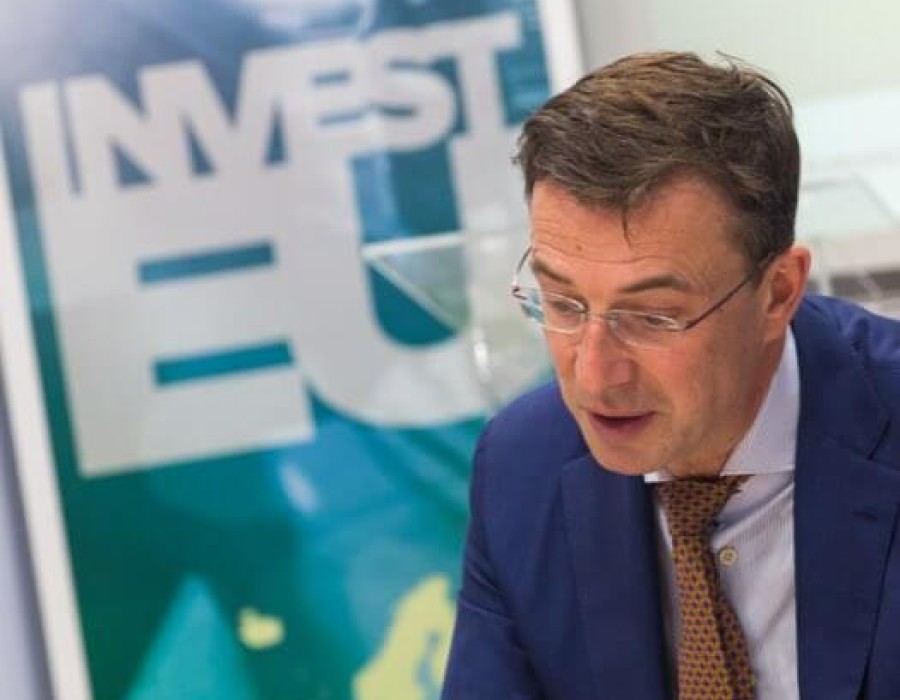Advancing Wound and Skin Care Through Strategic Funding
At Flen Health, we are committed to pioneering advancements in wound and skin care through targeted research and development. Our efforts are supported by strategic, non-dilutive external grants that help us push the boundaries of innovation in this critical field.
These grants, awarded by reputable institutions such as the Ministry of Economy of the Grand-Duché de Luxembourg, Flanders Innovation & Entrepreneurship (VLAIO), and the European Fund for Strategic Investments (EFSI-EIF), enable us to accelerate the development of cutting-edge treatments for chronic and non-healing wounds.
By securing these grants, Flen Health continues to contribute to the advancement of skin care technologies that address unmet medical needs and improve patient outcomes worldwide.

This EU-guaranteed loan, provided by ING Luxembourg and backed by EIF under the Investment Plan for Europe, aimed to generate new investments by facilitating access to finance for small- and medium-sized enterprises. The loan was used to further establish our research and development activities.
This project focused on developing technologies to treat hyperpigmentation disorders and create models for investigating these technologies. By applying encapsulation technologies, the goal was to overcome the limitations of ingredients in existing marketed products, particularly regarding toxicity, efficacy, and stability. In response to new EU regulations restricting animal testing, the project aimed to develop in vitro skin models for pigmentation disorders and biofilm-infected wounds, addressing the limitations of current skin models. These skin-equivalent models were used to assess the encapsulation technologies.
In a real nuclear detonation scenario, radiation combined injury (RCI, radiation exposure coupled with other forms of injury, such as burn, wound, blast, hemorrhage, and/or sepsis) are estimated to comprise up to 65% of all injuries observed, significantly increasing the risk of morbidity and mortality compared to that of radiation alone. This project aimed to use a newly developed mouse model of wound trauma combined with radiation combined injury (RCI) to evaluate the wound-healing properties of Flamigel under these conditions.
The aim of this project was to conduct fundamental research on novel wound driver pathways and establish a knowledge base for industrial research on an innovative technology platform. This platform was intended to help overcome current challenges in the development of strategies for treating non-healing chronic wounds. The research initially focused on identifying driver genes associated with wound healing processes. This theoretical approach included investigating microbial resistance drivers (which aggravate or impair wound healing), as well as factors related to cell migration and wound progression. In the second part, integrative treatments for non-healing chronic wounds, based on the initial research findings, were evaluated.
Flen Health has been awarded a grant by Flanders Innovation & Entrepreneurship (VLAIO) to further leverage its leading expertise in biological wound treatment research and development. The project aims to research and develop pharmaceutical wound healing enzymes via recombinant engineering to accelerate the deployment of our unique enzyme technology for topical wound treatment of non-healing and chronic wounds.

Le Gouvernement du
Grand-Duché de Luxembourg
Flen Health is acknowledged as a private sector research organisation by Le Gouvernement du Grand-Duché de Luxembourg